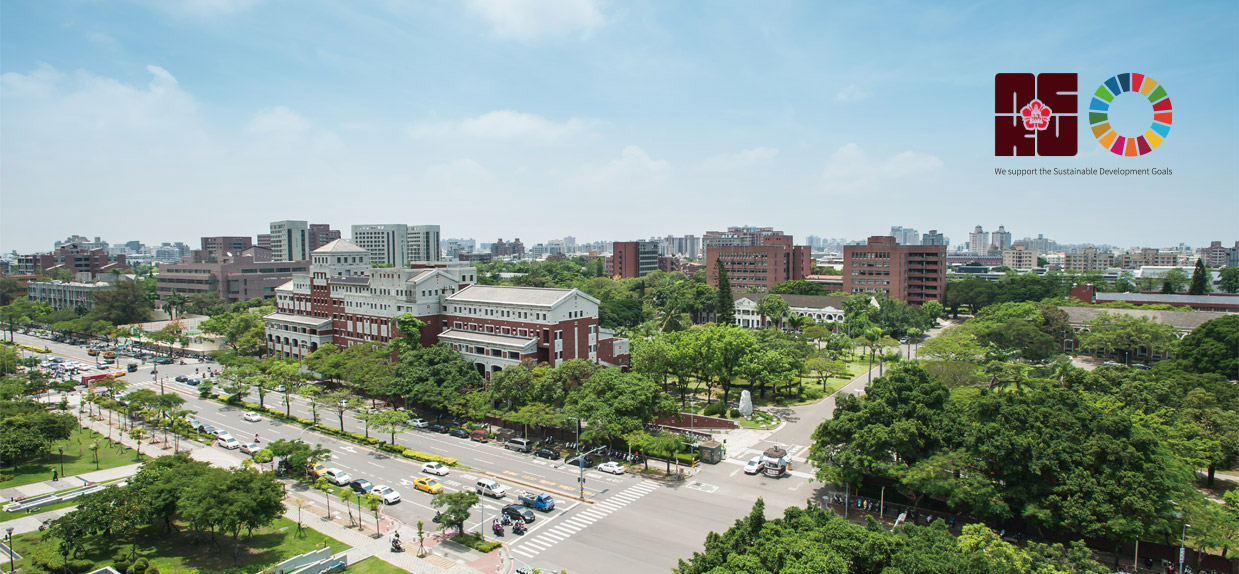National Cheng Kung University (NCKU) is dedicated to promoting education in water resource management and protection. Through diverse channels, we enhance the awareness and participation of our faculty, students, and the local community in water-related issues. We organize off-campus visits, workshops, and academic programs, offering rich learning opportunities. These initiatives allow students to collaborate with scholars, local residents, and government agencies, applying professional knowledge to real-world cases and jointly advancing sustainable water resource development.
Educational Outreach by the Tainan Hydraulics Laboratory (THL)
The Department of Hydraulic and Ocean Engineering actively promotes industry-academia collaboration and practical learning. We lead students, high school teachers, and disaster prevention groups on visits to the THL. Through on-site tours, participants gain a firsthand understanding of how hydraulic engineering works and the challenges faced in practical settings, thereby enhancing their knowledge of water resource management and disaster prevention.
2024 NCKU Hydraulic Management Camp
Since 2014, the "Hydraulic Management Camp," now in its ninth year, has gathered young students interested in water issues. The camp features a diverse curriculum where officials from the Water Resources Agency and experts discuss Taiwan's water challenges. It also encourages youth to participate in international conferences to broaden their global perspectives. The program covers topics from macro-level hydraulic engineering to hands-on fluid mechanics. Field trips take students from river sources to the sea, exploring the Wushantou Reservoir water resource center and its ecological reserve to implement sustainable environmental education.
Second Practical Course on Oil, Water, and Electricity
NCKU is committed to cultivating talent in the water sector through systematic curriculum and practical activities. In response to the digital era, we have integrated the "Critical Infrastructure Cybersecurity Program" and "Practical Topics in Water Resource Cybersecurity" to develop students' interdisciplinary skills.
Sustainable Development and Ecological Education in the Cheng Kung Lake Restoration Project
To address long-term siltation and eutrophication in Cheng Kung Lake, NCKU launched a dredging project for the first time in 15 years, integrating it with environmental education. This interdisciplinary water management plan involved the Department of Environmental Engineering for water quality monitoring and the College of Bioscience and Biotechnology for species identification to restore ecological balance. This successful restoration and educational initiative not only improved the lake's environment but also instilled the concept of sustainable water use in students, embodying the practice of campus sustainability.
Educational Outreach by the Tainan Hydraulics Laboratory (THL)
The Department of Hydraulic and Ocean Engineering actively promotes industry-academia collaboration and practical learning. We lead students, high school teachers, and disaster prevention groups on visits to the THL. Through on-site tours, participants gain a firsthand understanding of how hydraulic engineering works and the challenges faced in practical settings, thereby enhancing their knowledge of water resource management and disaster prevention.
2024 NCKU Hydraulic Management Camp
Since 2014, the "Hydraulic Management Camp," now in its ninth year, has gathered young students interested in water issues. The camp features a diverse curriculum where officials from the Water Resources Agency and experts discuss Taiwan's water challenges. It also encourages youth to participate in international conferences to broaden their global perspectives. The program covers topics from macro-level hydraulic engineering to hands-on fluid mechanics. Field trips take students from river sources to the sea, exploring the Wushantou Reservoir water resource center and its ecological reserve to implement sustainable environmental education.
Second Practical Course on Oil, Water, and Electricity
NCKU is committed to cultivating talent in the water sector through systematic curriculum and practical activities. In response to the digital era, we have integrated the "Critical Infrastructure Cybersecurity Program" and "Practical Topics in Water Resource Cybersecurity" to develop students' interdisciplinary skills.
Sustainable Development and Ecological Education in the Cheng Kung Lake Restoration Project
To address long-term siltation and eutrophication in Cheng Kung Lake, NCKU launched a dredging project for the first time in 15 years, integrating it with environmental education. This interdisciplinary water management plan involved the Department of Environmental Engineering for water quality monitoring and the College of Bioscience and Biotechnology for species identification to restore ecological balance. This successful restoration and educational initiative not only improved the lake's environment but also instilled the concept of sustainable water use in students, embodying the practice of campus sustainability.









 NCKU is dedicated to training water professionals and promoting sustainability education through systematic curricula and diverse practical activities. Addressing the digital age, the department proactively incorporated specialized courses like "Critical Infrastructure Cybersecurity Program" and "Water Resources Security Project," fostering students' interdisciplinary integration capabilities.
NCKU is dedicated to training water professionals and promoting sustainability education through systematic curricula and diverse practical activities. Addressing the digital age, the department proactively incorporated specialized courses like "Critical Infrastructure Cybersecurity Program" and "Water Resources Security Project," fostering students' interdisciplinary integration capabilities.